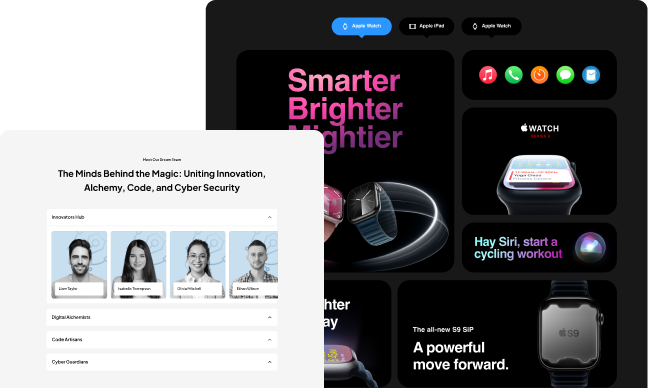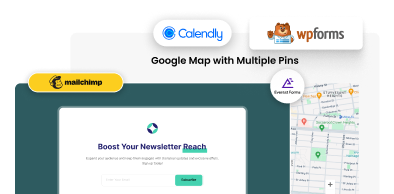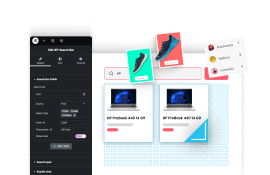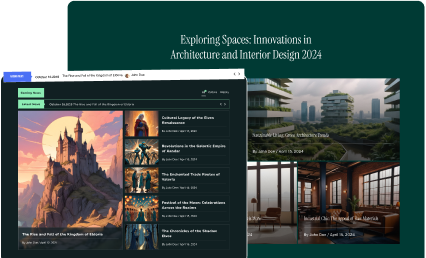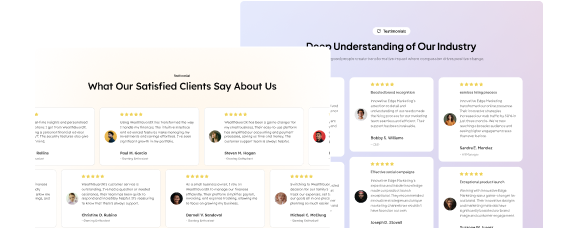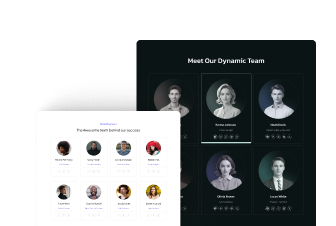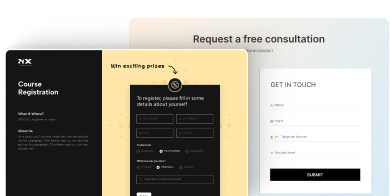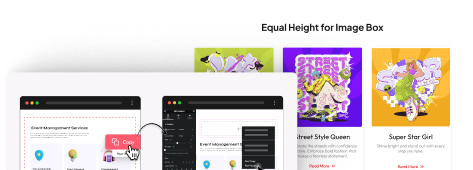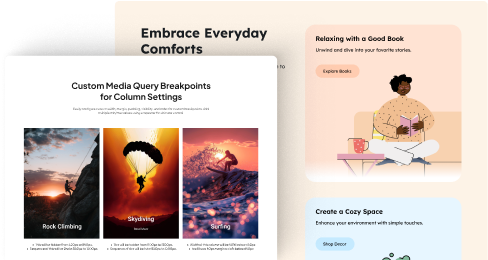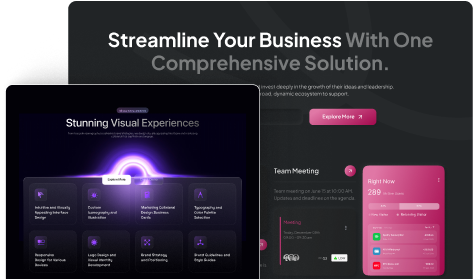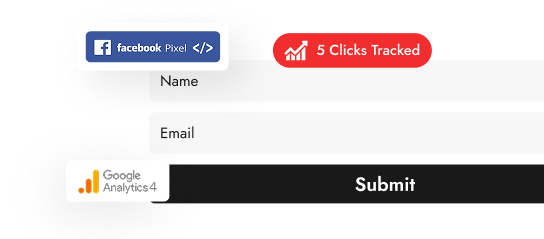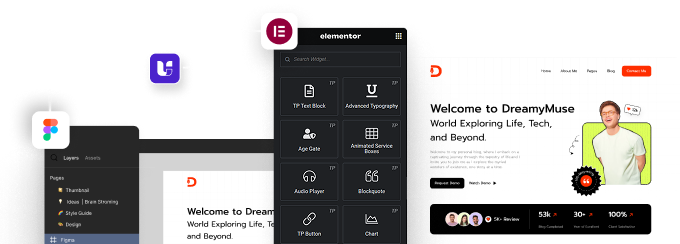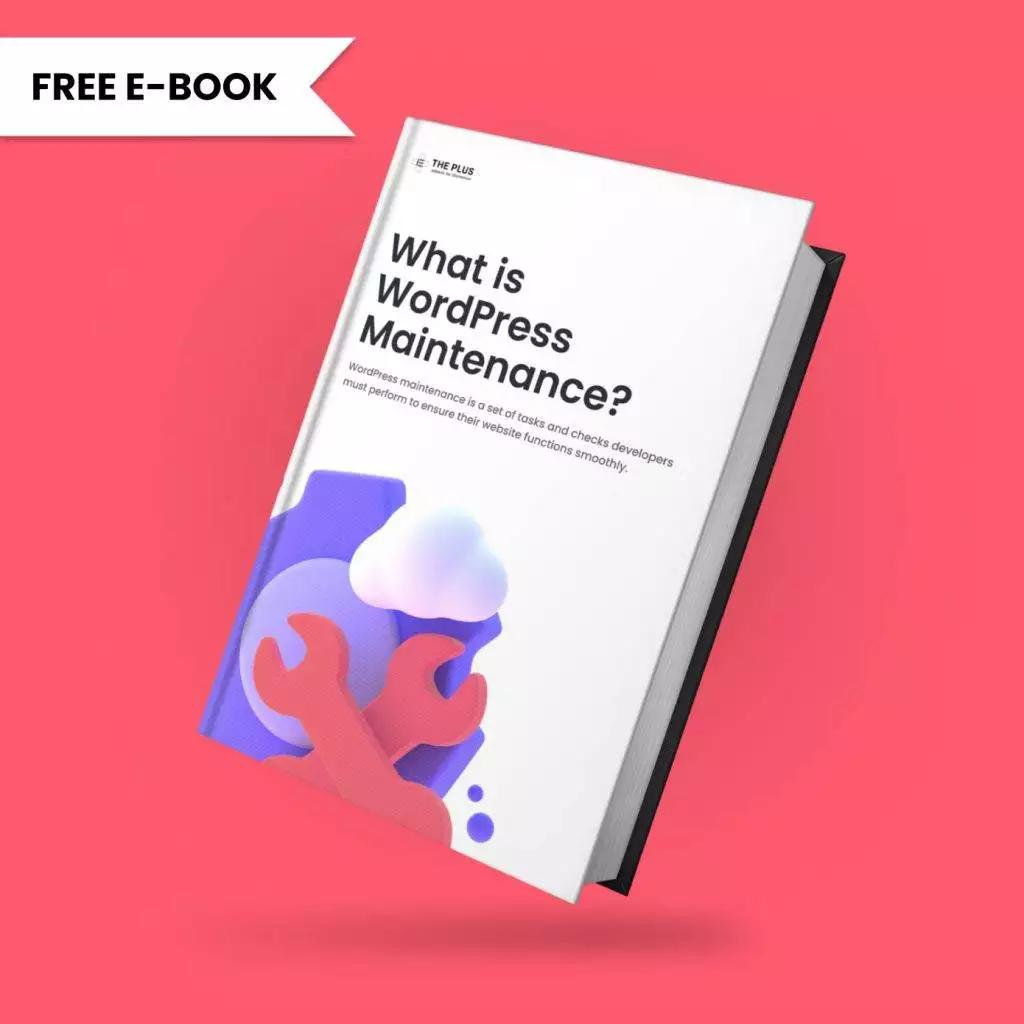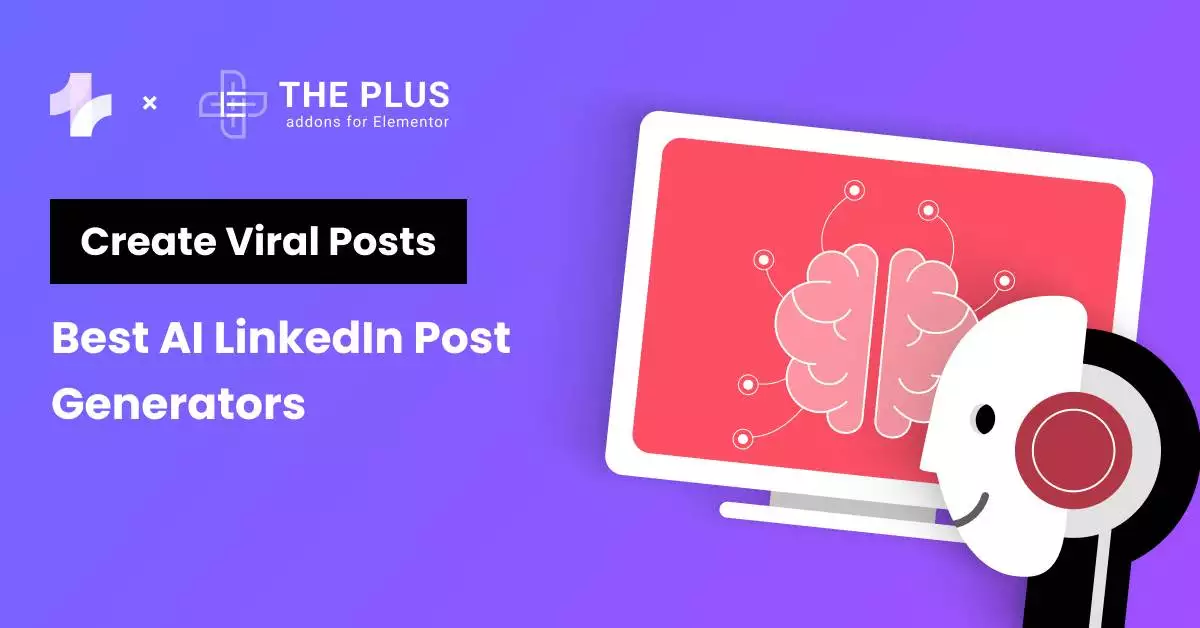The entire 2023 so far has been a showcase of generative AI. On even days, it is ChatGPT; on odd days, Google’s BARD, and in between, countless other AI content generators make it to the headlines.
At this point, you either can’t have enough of this tech, or you can’t bear another AI content generation tool.
But the fact is that AI content is here to stay and shrugging all the stigma surrounding it one at a time.
But some key questions remain unanswered:
Should you use AI content in your blogs? What are the ups and downs of using AI for content? Or will your AI-written blogs rank on Google as your human-written content does?
Let’s answer all such questions in this blog.
State of AI Content Creation: It’s AI Against the Humankind
If somebody wants to lead the Great Rebellion against thinking machines, machines that replicate human intelligence like in sci-fi novels, now is the time. Hollywood writers who went on strike on 2nd May 2023 will co-sign this.
But jokes aside, AI content generation is going strong. All the rough edges are being smoothened every day with every new update.
As of May 2023, ChatGPT has over 100 million users, and BARD is attracting around 142 million monthly visitors.
Even the tools with no backing from Microsoft and Google are gaining popularity. For instance, Jasper AI has over 100k paying customers, while Rytr has a rating of 4.7/5 on G2!
It is a no-brainer that these tools are getting popular. Content writers and businesses have always sought ways to streamline content creation. And these tools are their best bet to achieve that.
So, should you use AI tools to write and publish blog posts? Before I answer the question, let’s consider some pros and cons.
Pros of Using AI Content for Blogs
Here are some reasons why AI content creation is picking pace.
1. Faster Content Production
The biggest advantage of using AI content for your blogs is the sheer speed at which you can dish out content.
A human writer spends hours, often days, writing blogs. We research, brainstorm, stare at the blank doc, and then write.
AI tools, on the other hand, create content based on your prompts. You can instruct the tools about the structure, brand voice, target audience, topic intent, etc., and your blog will be ready within seconds. It’s fast!
2. Cheaper Than a Team of Content Writers
AI content generation is cheaper than getting a human writer to do the job. You do not even need a subscription to access some of these AI tools. They are either free or, at the very least, have a free lite version.
Tools like ChatGPT, Jasper AI, and Copy.ai are free to use. You will only need their pro versions if you plan to automate content at scale.
Even then, the monthly subscription to your entire AI content toolkit will be cheaper than hiring, training, and paying a team of content writers.
3. High Degree of Adaptability
We, humans, are generalist specialists, i.e., we can adapt to any condition but specialize in some tasks over others. That’s why most writers can write on any topic for any audience and brand. But they are not experts at every topic they deal with.
Besides, writers have different skill sets as well. For example, some excel at technical content, while others are great storytellers.
That’s not the case with AI. It can write with the same authority and accuracy no matter the topic.
You can use AI to generate stories, how-to guides, comparison tables, long-form articles, and all kinds of content you can imagine.
4. No Physical or Mental Constraint
Human writers get tired after an extended period of writing. Not to mention the issues like writer’s block and getting distracted by a Snapchat notification. The human mind and body’s physical and mental limitations can slow down content creation.
Conversely, AI does not stop due to burnout or fatigue so that you can create content indefinitely. The only time AI content creation takes a hit is when servers are down or there’s heavy traffic.
And both situations are quite rare.
5. Better SEO Capabilities
AI tools have made SEO much easier, even for beginners. You can easily use tools like SEO.ai and Frase to find the right keywords for your content.
Similarly, you can create topic trees for your blog clusters targeting those keywords using tools like Jasper.
As for blog posts, AI tools can include these keywords in the content and optimize the content’s structure with proper headings, subheads, lists, paragraphs, etc.
Besides, these tools only include content relevant to a keyword’s search intent, improving the relevance of your blog posts.
Cons of AI Content in Blogs
AI content is remarkable, even in these early days of tech. Arguments like AI lacking emotions or conviction are no longer enough to diminish its impact. But it is not perfect.
Below are some of the biggest issues you’ll face when using AI content in your blogs.
1. Lack of Authenticity
AI content generation tools rely on a database or existing content on the Internet to create content. As a result, the final output is often unoriginal, with the text copied from multiple sources and arranged into meaningful sentences.
Also, these tools do not even provide a source of their information for citation. As a result, if you use AI output directly in your blogs, there is a high chance that it will be flagged for plagiarism.
2. Requires Extensive Quality Control and Human Intervention
AI content is not truly automated. You have to sit down with your device, do your research, and then use prompts to get desired output. Even then, you cannot publish the final text as it is without proofreading and editing.
AI tools are mostly trained using a database without the latest information. As a result, the content they generate may include information that is no longer relevant.
So, you must fact-check that your content is up-to-date with the latest details and standards before publishing it.
3. Lack of Nuance
There are thousands of blogs on a topic covering the same points, but what makes every top-ranking content unique are the writer’s personal opinions. AI, on the other, lacks emotions and does not hold opinions.
Instead, it relies on your prompts to decide which angle to take for the content.
It is also crucial to note that tools like ChatGPT have positive biases baked into them as a safety mechanism. As a result, their content hardly showcases anything in a bad light. And most ideas often align with the dominant discourse.
So, suppose your blogs deal with complex concepts or socio-political issues, or you want to create unique content. In that case, you must rely on human conviction and your ability to convey a topic’s subtleties.
Can AI Generate Content Rank on Google?
You read what’s going on in the world of AI and content. You read the pros and cons of using AI for your blogs.
But what about the biggest question of them all – Will your blogs with AI content rank on Google?
Let’s understand.
For a long time, Google’s stance on AI content was that it was nothing but spam. They maintained this position by stating their webmaster guidelines. But if you remember, that was before they got their own AI content generator in the form of BARD.
Now for Google, labeling AI content as spam would mean BARD will join the long list of Google’s abandoned projects in the near future.
But in a blog published in early February 2023, Google finally laid its cards on the table regarding AI content and SERP ranking.
Here’s what Google wrote:
“As explained, however, the content is produced; those seeking success in Google Search should be looking to produce original, high-quality, people-first content demonstrating qualities E-E-A-T.
Evaluating your content in this way, whether you’re using AI-generated content or not, will help you stay on course with what our systems seek to reward.”
Besides, Google’s popular product Google Ads is set to get an update with the addition of generative AI capabilities for creating ad copies, images, and voiceovers. And penalizing AI-generated content now would be quite hypocritical for Google.
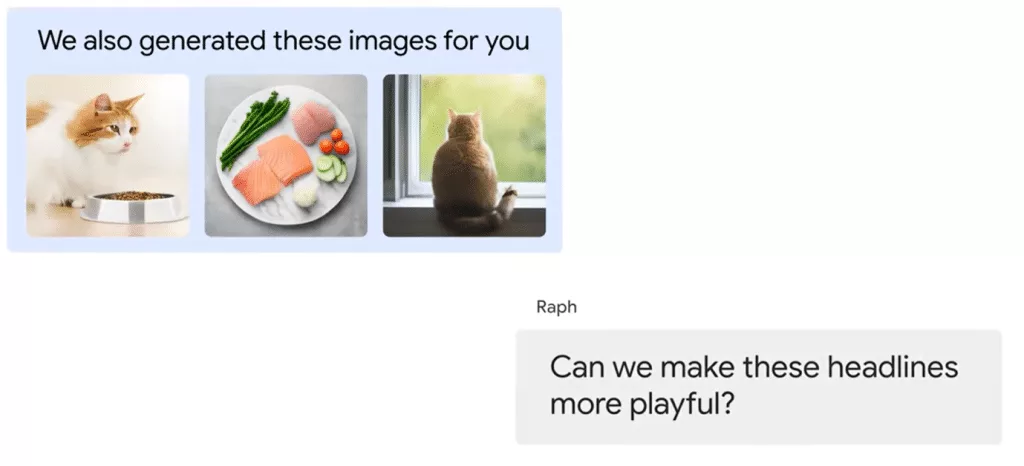
So, to answer your question – Yes, AI-generated content can now rank on Google SERP, given it ticks all the boxes of E-E-A-T guidelines.
You may think that marks the beginning of AI content blitzkrieg all over the Internet.
End of human writers? Fortunately, that won’t be the case. Instead, Google has assured protection against AI content that tries to manipulate rankings, violates their guidelines, or is low quality.
What is the Future of Blogging after AI?
It is safe to say that AI content is a new reality. And we must adapt to this changing landscape because all new developments in AI content generation will only normalize its usage, not reduce or eliminate it.
But AI content is already being used for spreading fake news and propaganda. And to tackle that, we already have AI content detectors from Copy.ai and ChatGPT that can accurately identify AI content.
The only logical move forward is to label the AI and human content or use cryptographic watermarking. So, when users search for content online, they can easily distinguish them.
When it comes to blogging and AI, you may even be required to disclose which of your blogs or part of the blog is written using AI.
What are Some Ways to Use AI Content in Your Blogs?
As we saw, the biggest host of content on the Internet, Google, has greenlit AI content in blogs. So, instead of reminiscing about the old days with no AI or delving into the possibilities, it’s time to use AI content to your advantage.
It is no longer about whether you should or can use AI content but how, when, and where to use it. So, here are some innovative ways to use AI for your blog content.
1. Research
At present, when you have to write on a topic, you go about the long routine of googling other blogs, searching case studies, and scrapping anything you can find on the Internet. But with AI, you cut down the research time multifold.
You can ask tools like ChatGPT or BARD to define topics and simplify complex concepts. Besides, search engines like Bing have now been integrated with AI models so you can find relevant information faster.
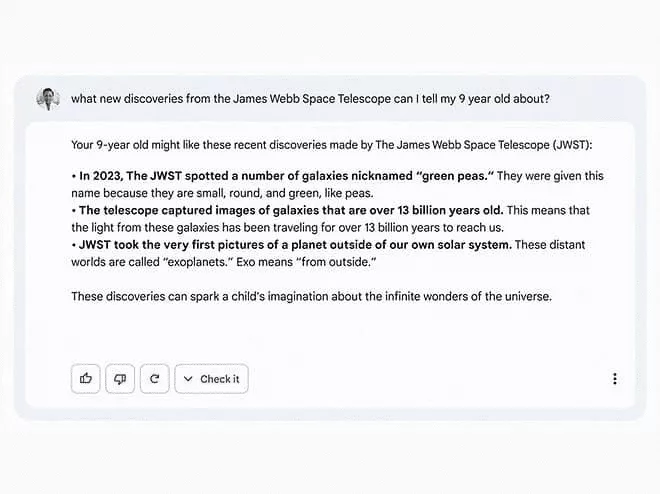
2. Content Planning
Next, you can use AI to fast-track your content planning process. This can include finding target keywords, creating topic clusters, creating blog outlines, etc.
AI tools like Jasper even offer templates that you pick to create blog post outlines for long-form blogs, listicles, and how-to guides. So you can get your briefs ready quickly and focus on creating quality content.
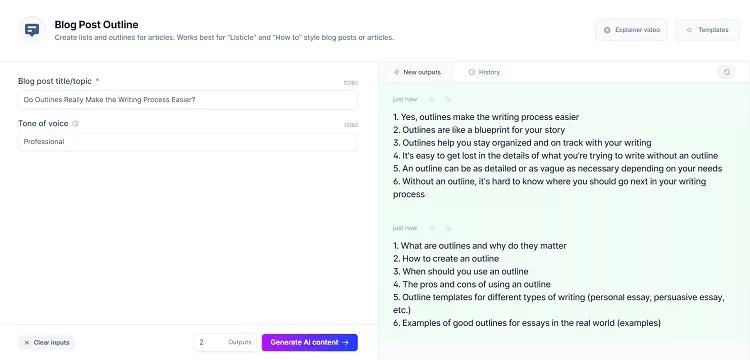
3. Content Optimization
Done writing a blog? Use AI to improve the quality of your content.
You spend hours editing your content, looking for errors and faulty sentences. But AI allows you to take content quality control one step further. You use AI tools to improve the structure of your sentences, eliminate errors, and improve the overall readability of your content.
Tools like Grammarly also provide tone suggestions to help you create more engaging content that resonates with your target audiences. Besides, you can also use AI to write meta titles, meta descriptions, and image descriptions.
Wrapping Up
To sum up everything and answer the question once and for all – Yes, you can write blog content with AI in 2023, and Google won’t penalize you for it. Instead, using AI smartly and creating quality content can boost your visibility on SERPs.
So, say your writing vows and prepare to create good content because now you will compete with other writers and AI content.
What Next? Read More AI Related Articles from Here
- Best Artificial Intelligence WordPress Plugins + Free Tools
- 5 Best AI Blog Content Writing Tools for WordPress
- How to Use Elementor AI? Review, Cost & Other Answers
- 5 Best WordPress SEO Plugins using AI
- Best 6 WordPress ChatGPT Plugins
- How to Generate AI Images in WordPress
- 5 Best AI-Generated Website Builders

